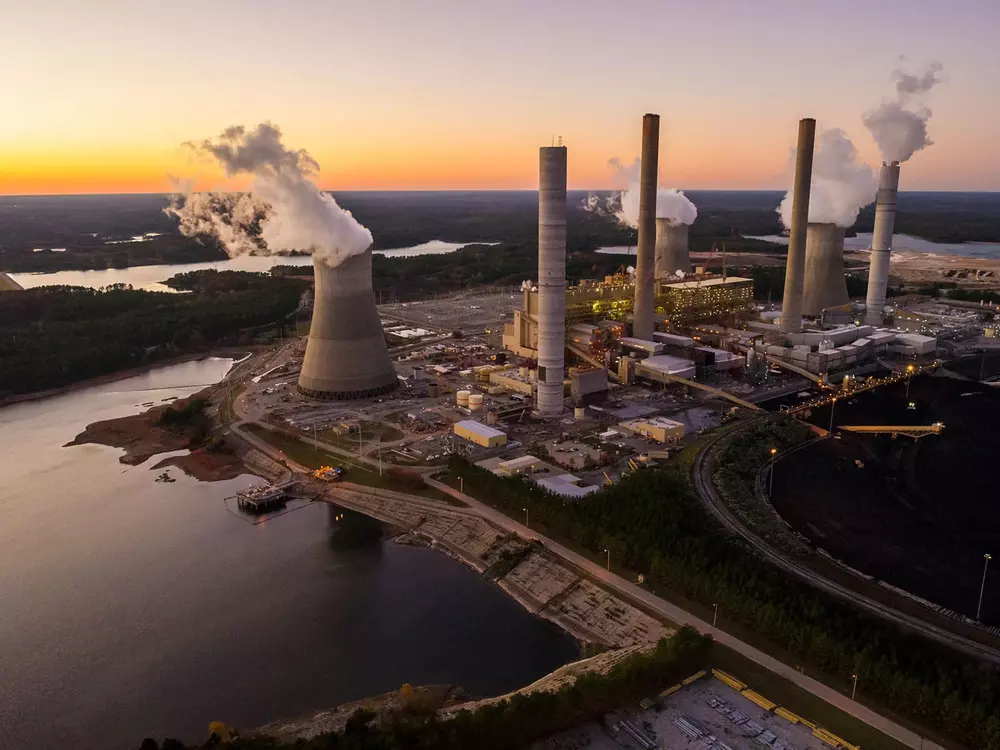No concrete outcomes
Reluctance of rich nations in owning responsibility for historical emissions and their unfulfilled commitments have rendered COP27 unfruitful; writes Shovanlal Chakraborty

Reports suggest that CO2 emission in 2022 is projected to rise by 1 per cent above the 2021 level, which would be slightly more than pre-Covid levels. In 2022, the emission from fossil fuel burning is projected to rise to 36.6 Giga tonnes of CO2 equivalent (GtCO2) while that from land use changes like deforestation is projected to be 3.9 GtCO2. To put the 1 per cent annual increase this year in perspective, it should be remembered that the average annual increase in the last decade was .5 per cent, while in the 2000s, it was 3 per cent. The remaining carbon budget has been reduced to 380 GtCO2 for a 50 per cent chance to reach 1.50 degrees Celsius warming. Professor Pierre Friedlingstein, who led the study, said that "COP27 must take meaningful action if we are to restrict warming of the planet to 1.50 degrees Celsius."
It's been 26 years since the first climate summit of the United Nations took place in Berlin. Yet fossil fuel consumption and the release of greenhouse gases are on the increase. Scientists have been desperately urging us to decarbonise the economy; global leaders are not maintaining the speed needed to achieve net-zero or net-negative by 2040 or 2050.
Like in Paris and Glasgow, COP27 — the climate change conference held in Sharm El-Sheikh in Egypt — engaged world leaders to flag the concern of developing countries, and the Presidency's document expressed "deep regret" that financial and technological capabilities of developed countries to cut their emissions fall short of expectations.
BASIC countries — Brazil, South Africa, India and China — highlighted significant increases in consumption and production in 2021 by developed countries. Ministers of these countries called it a double standard of developed countries as they have not cut fossil fuel uses. The joint statement of BASIC ministers also criticised them for backtracking on finance and mitigation and pledges.
Like earlier declarations, Sharm El-Sheikh also highlighted outstanding issues like finance, loss and damage, adaptation and carbon market. Though the conference resolved to set up "loss and damage funds" for supporting poor and vulnerable countries like island nations, the task of setting up a new fund looks difficult.
On the sidelines of the Glasgow summit, countries controlling 90 per cent of the forests on the Earth pledged to end deforestation by 2030, but India did not participate in it. During COP27, a smaller number of countries controlling only 35 per cent of the forests on the globe met and reiterated the pledge. Countries controlling 55 per cent of the forests have backed out within a year. In addition, India urged the acceleration of the global clean energy transition and further invited other countries to consider the sustainable development goal on consumption and production and promote a mass movement for a climate-friendly lifestyle. In fact, the message from India is loud and clear — developed countries must follow the principle of 'circular economy' for economic growth. It is heartening that the proposal has been accepted in the final document released. India had negotiated quite hard at Glasgow on the instance of China to substitute 'phase down' for 'phase out'; the consequences are increased coal consumption in developed and developing economies.
Developed countries have so far fallen short of their commitment to annually provide USD 100 billion, a goal set in 2009 to finance the adaptation and losses suffered due to catastrophes in the developing world. At COP27 negotiations, the goalposts have been shifted and emerging economies like Brazil, China and India are asked to contribute financially for mitigation and adaptation. China must finance mitigation and adaptation as it accounts for the highest emission (one-fourth of global emissions) to the atmosphere at present. The US and China are the two biggest emitters of greenhouse gases. India is a distant third in emissions and has thwarted the move by rich nations to focus on all 20 current top emitters. Since developed countries are responsible for heating the planet by 1.10 degrees Celsius in 150 years, why should other countries pay for mitigation and adaptation? India's per capita emission is still below one-third of the global average.
On the issue of phasing down coal consumption, India's point of negotiation was that oil and natural gas consumption also leads to greenhouse gas emissions and should be included along with coal to be phased down, but the same has not been mentioned in the final resolution.
Views expressed are personal

